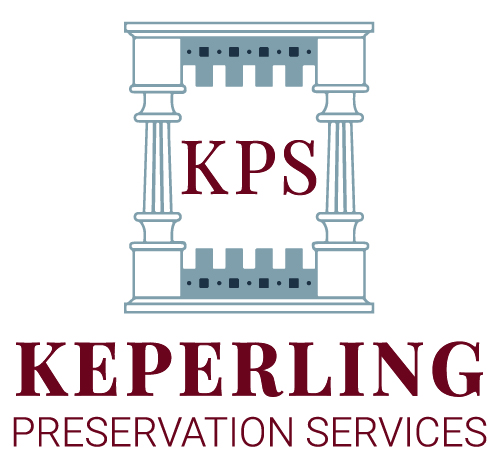Podcast: Play in new window | Download
William Woys Weaver joined the Practical Preservation podcast to discuss his research into food history and how it lead him back to his grandparents garden and forgotten heirloom seeds. This episode combines my love of food and history. The intersection of the two tells our collective stories and reflects the values of the time period (it is interesting to me that during the time we began eating lots of processed, easy foods that our building methods also changed to a more assembly line mentality).
Contact:
Website email or call with any heirloom seed questions you might have.
Event: The National Heirloom Seed Expo – with book signing and lectures
Bio:
Described as the “Merlin of American regional cookery,” William Woys Weaver is an internationally known food historian and the author of 17 books. He is a rare four-time winner of the prestigious IACP/Julia Child Cookbook Awards, his most recent gold medal going to Culinary Ephemera, a beautifully illustrated survey of old food advertising materials. His 1993 award winning cookbook Pennsylvania Dutch Country Cooking has been included in the anthology: 100 Great American Cookbooks of the 20th Century. Weaver’s Dutch Treats: Heirloom Recipes from Farmhouse Kitchens was published by St. Lynn’s Press of Pittsburgh in September 2016 and a new edition of his classic Heirloom Vegetable Gardening has been published by the Quarto Press with new photos and expanded text. In May he received the 2019 Award of Excellence from the American Council on Botanical and Horticultural Libraries. Dr. Weaver received his PhD in food ethnography from University College, Dublin (Ireland) – the first degree of its kind to be awarded by that university — and is now Curator Emeritus of the Roughwood Seed Collection of heirloom food plants at the historic Lamb Tavern in Devon, Pennsylvania. Called “the Waldon Pond of heirloom seeds,” the Roughwood Seed Collection provides rare limited edition seeds online at www.TheRoughwoodTable.org and through the Baker Creek Heirloom Seed Company at www.Rareseeds.com Dr. Weaver is presently working on a two-volume study of the medieval foods of Cyprus. His book on pickling with heirloom vegetables called The Roughwood Book of Pickling will be published by Rizzoli this coming September 24th. It is now available for preorders online at Amazon.com.
For further information:
www.WilliamWoysWeaver.com
www.FaceBook.com/ William Woys Weaver: Epicure with Hoe
